A few weeks ago I was having an argument with Piers Morgan on Twitter. Oh God, is that really how I’m going to start this column? What have I become? I was, though, and it started because he was brown-nosing Donald Trump. We’re talking a real nasal frottage here. I expressed derision, and he expressed fury at my derision, and on it went.
Already a subscriber? Log in
Subscribe for just $2 a week
Try a month of The Spectator Australia absolutely free and without commitment. Not only that but – if you choose to continue – you’ll pay just $2 a week for your first year.
- Unlimited access to spectator.com.au and app
- The weekly edition on the Spectator Australia app
- Spectator podcasts and newsletters
- Full access to spectator.co.uk
Or

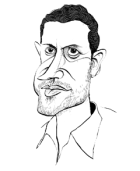
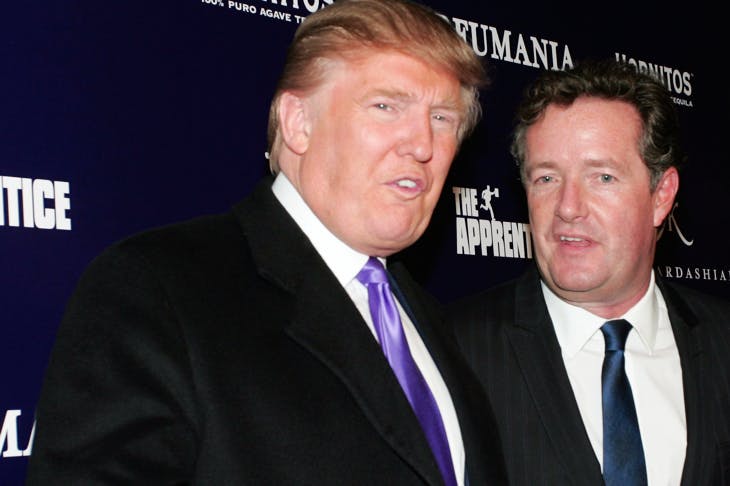
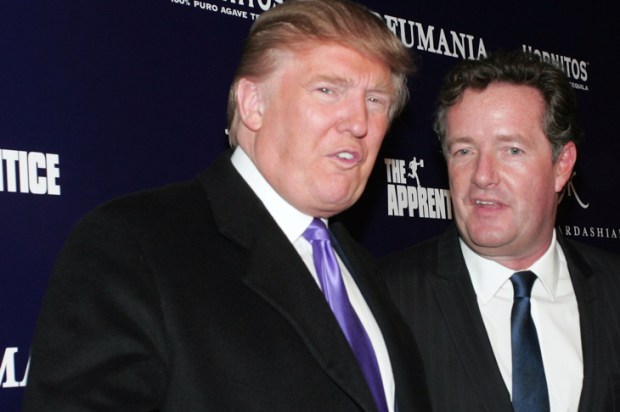
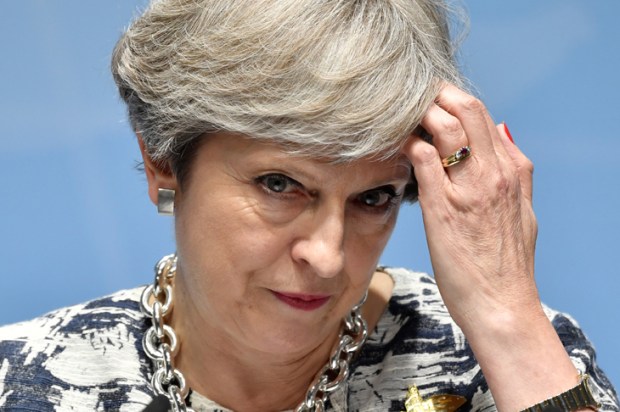
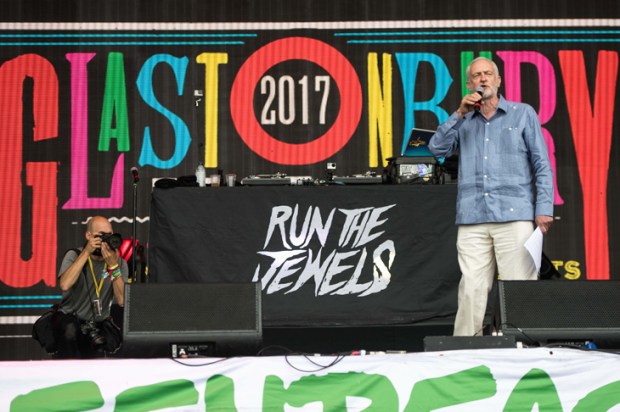
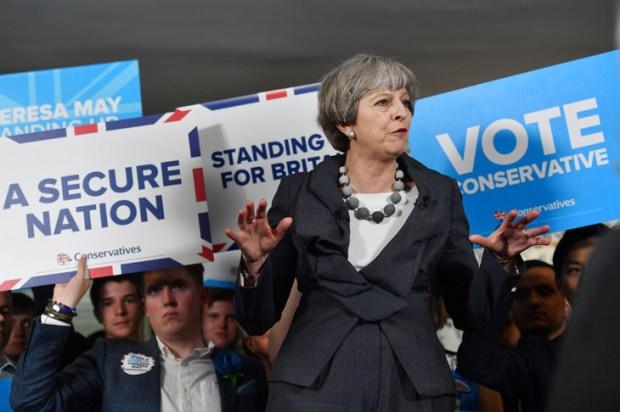
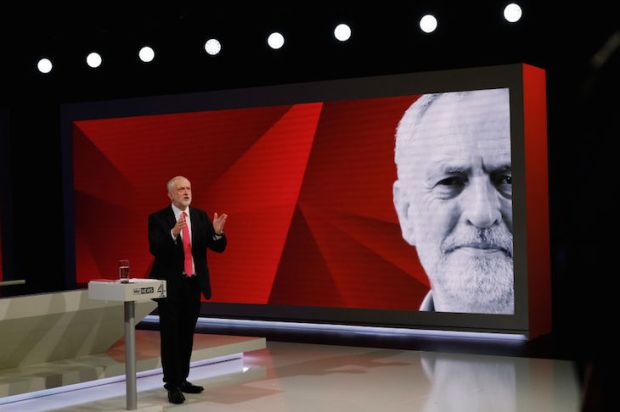
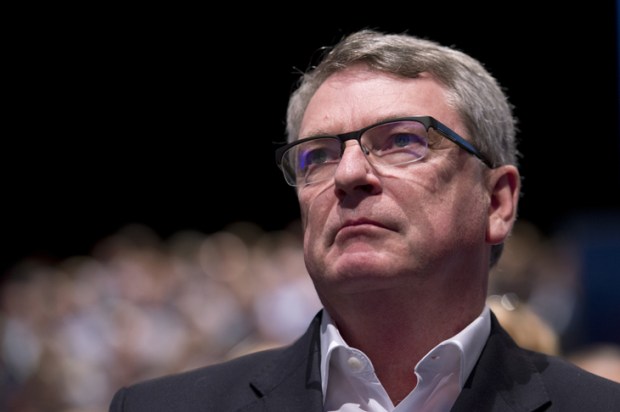






Comments
Don't miss out
Join the conversation with other Spectator Australia readers. Subscribe to leave a comment.
SUBSCRIBEAlready a subscriber? Log in